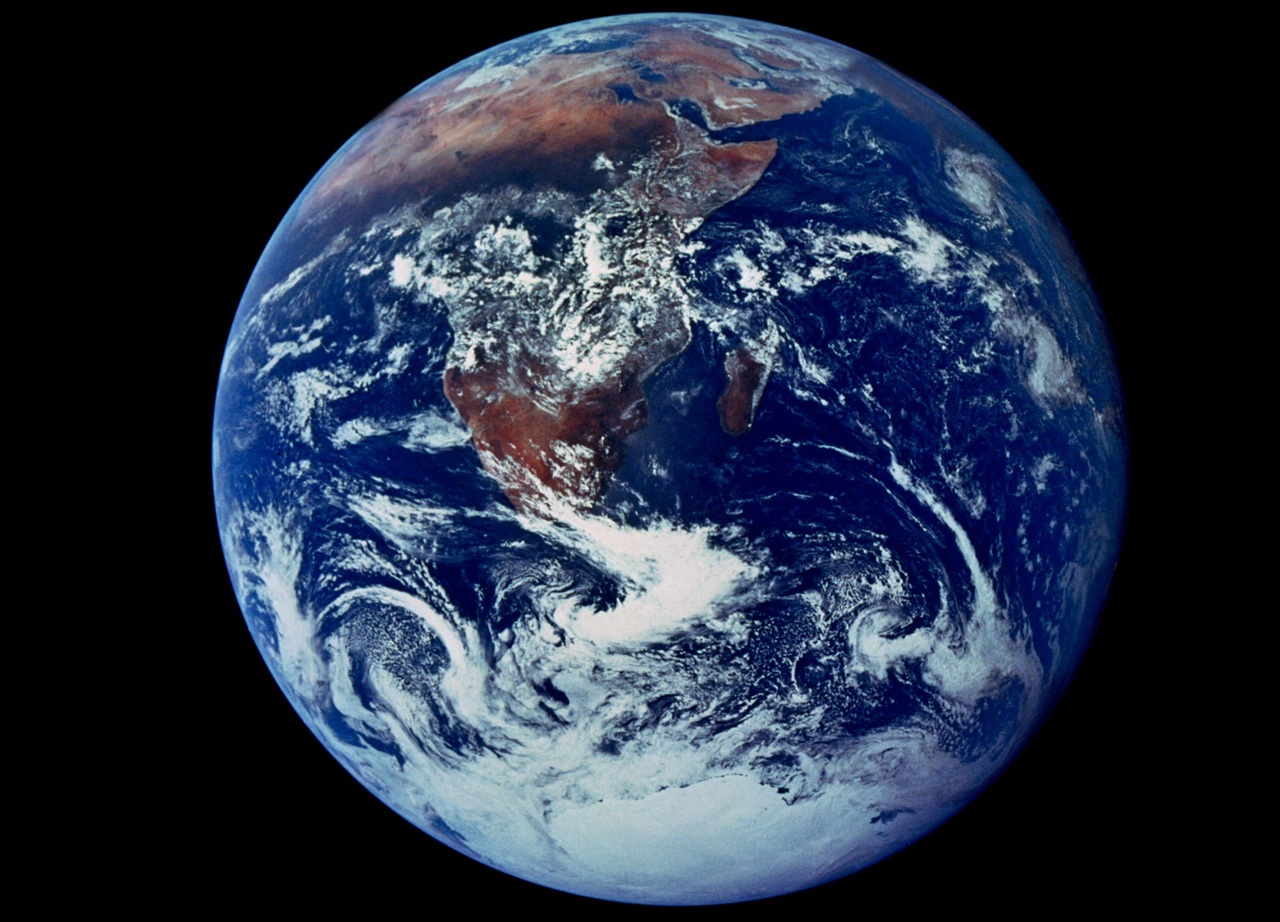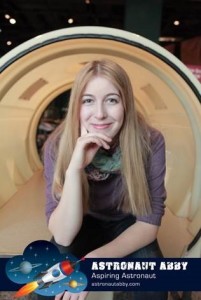By Abigail Harrison, aspiring NASA astronaut & Board Chair at the Mars generation.
I believe a love of learning is something that every person is born with. Think about it … when toddlers dump over a bowl of cereal, they are observing and playing with the natural world. Little do these children know that they are also getting their first lesson in the concept of gravity. As children get older, these natural discoveries keep occurring. They aren’t viewed as “science.” To them, it’s just plain fun.
I was one of those kids. My fascination with space began 13 years ago at the age of five. I couldn’t stop looking at the stars and wondering what was out there. As I got older, I learned more about space exploration and our accomplishments thus far. I was blown away. I realized that Mars should be our next goal, and I clearly saw this as a massive step for humanity. Instantly, I set my intentions high – to be the first astronaut on the Red Planet.
That’s the power of space exploration – to get kids to dream big. Across the country, hundreds of thousands of middle school students – the Mars generation – just started back to school. Among these kids are the future astronauts, scientists and engineers that will get us to Mars and beyond. But, they won’t get there if they aren’t inspired. They need to see real progress in space exploration to fuel inspiration.
When I go into classrooms and speak to students, I share my love of space with them. I talk about the amazing accomplishments that we have made – from the Moon landing to the International Space Station and more. Then, I show them where we are headed. I explain the different innovations that we now enjoy here on Earth as a result of everything that we have done in space. I ask them, “If the sky is no longer the limit, what IS the limit? If we put human boots on Mars, what can’t we accomplish?”
The faces on these children light up. They can’t help but be excited and ask a ton of questions. They begin to see first-hand how subjects such as science, technology, engineering and math – the subjects at the heart of space exploration – have the capacity to change the world, and they like that. It’s important to them. The discussion sparks a general love for learning that pushes them to continue their education and do something productive with their lives – whether in a science field or not. How exciting is that? By exploring deep space, we live up to our promise of maintaining a love for learning in this generation, and those still to come.
However, space travel goes beyond the dreams of young students. It’s also about each and every one of us here on Earth … at this very moment. By committing to space exploration, we are making it known that we believe in the world that we live in right now.
Space travel is not just about leaving Earth. It’s about improving our existing lives. We have the lifestyle that we do today because of the innovations that have come from our time, energy and commitment to space exploration. By putting ourselves in difficult situations, we pushed boundaries to solve the challenges that naturally came forth. We have directly applied that knowledge to improve our lives, boost our economy and advance society.
If we always stayed comfortable and never raised the bar, we would never grow. We must work hard now and continue pushing the limits so that the future is better than the present. If we don’t do that, what are we really doing?
So, how do we continue to push the limits? By never letting go of our vision and commitment to new technologies and programs related to space exploration, and most importantly, for getting us to Mars. By making this commitment, we will continue moving our country (and the world) forward and ensure a brighter future.
This feature originally appeared in the Huffington Post on Friday, 10/16.


